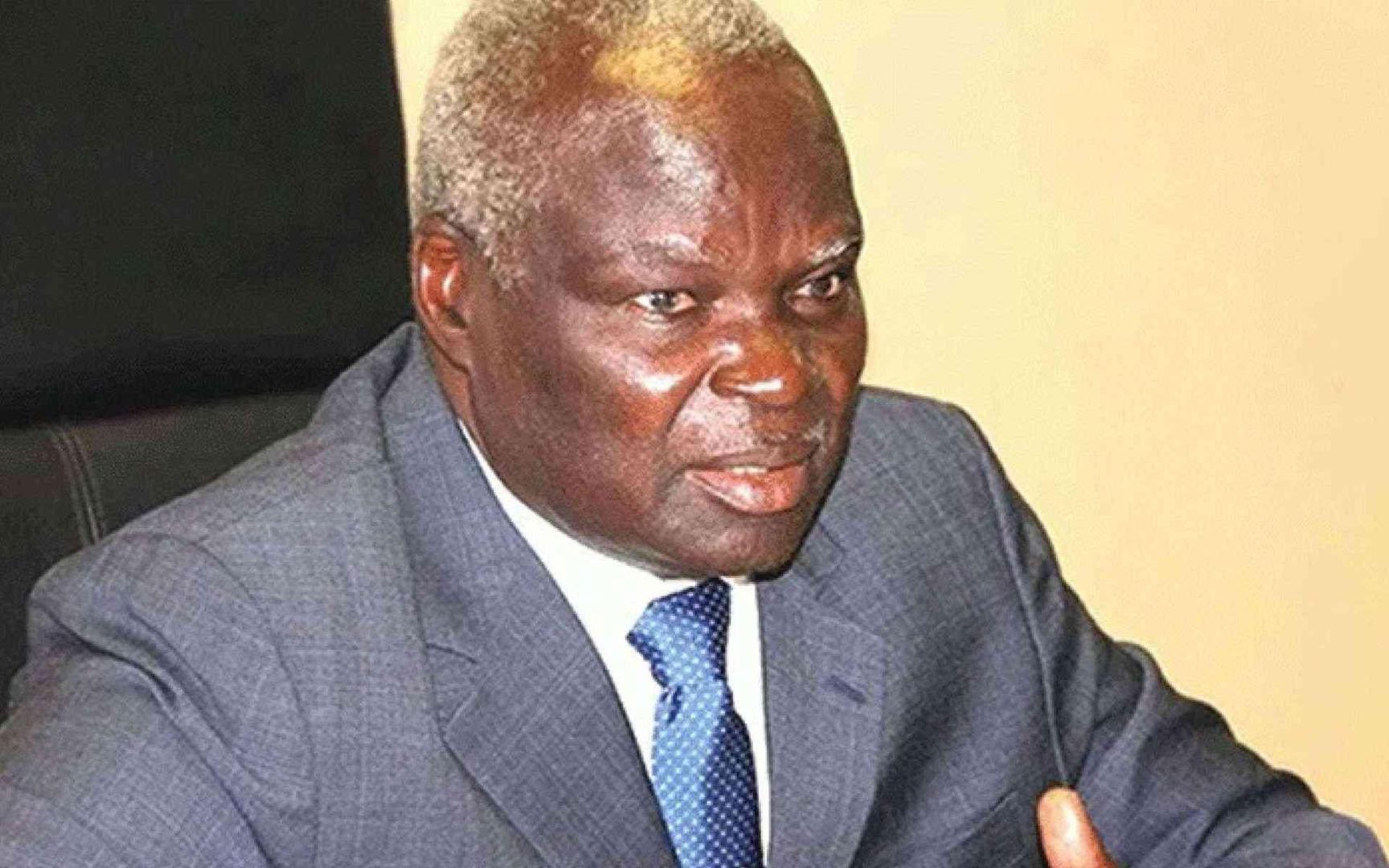Africa-Press – Zimbabwe. GOVERNMENT is seeking investments and partnerships from development partners to address the country’s energy crisis, Energy and Power Development minister July Moyo has said.
The minister was addressing a national energy policy validation workshop in the capital yesterday, where he noted opportunities for investment in the energy sector.
“Energy is not only a key enabler of economic growth, but also a vital pillar for the attainment of Zimbabwe’s Vision 2030 which envisions an upper middle income economy…,” Moyo said.
“We also recognise the importance of private sector participation, as partnerships and investments are essential for driving growth and innovation.”
He said the country witnessed significant shifts since the launch of the National Energy Policy in 2012, citing ageing infrastructure, increased demand for energy and the growing threat of climate change.
“At the same time, we are presented with new opportunities, advancements in renewable energy, regional energy integration and enhanced private sector participation,” the minister said.
“The government is committed to creating an enabling environment for investment and collaboration in the energy sector.”
Zimbabwe faces growing demand for electricity amid depressed generation capacity, with calls being made for a shift to renewable energies to address shortfalls.
Meanwhile, United Nations (UN) secretary-general António Guterres has said renewables play a crucial role in achieving energy self-sufficiency, reducing reliance on volatile fossil fuels and combating climate change.
“Renewables mean real energy security,” Guterres said this in a livestream address titled A Moment of Opportunity: Super-changing the Clean Energy Age.
“All of this is a game-changer for hundreds of millions of people still living without electricity, most of them in Africa, a continent bursting with renewable potential.
“By 2040, Africa could generate 10 times more electricity than it needs entirely from renewables.”
UN resident and humanitarian co-ordinator in ZImbabwe Edward Kallon said the impacts of climate change in Zimbabwe were profound.
“Yet, Zimbabwe’s commitment to reducing greenhouse gas emissions by 33% per capita by 2030, embracing renewable energy and promoting sustainable land use, showcases its dedication to mitigation efforts even amid economic challenges,” he said.
For More News And Analysis About Zimbabwe Follow Africa-Press






